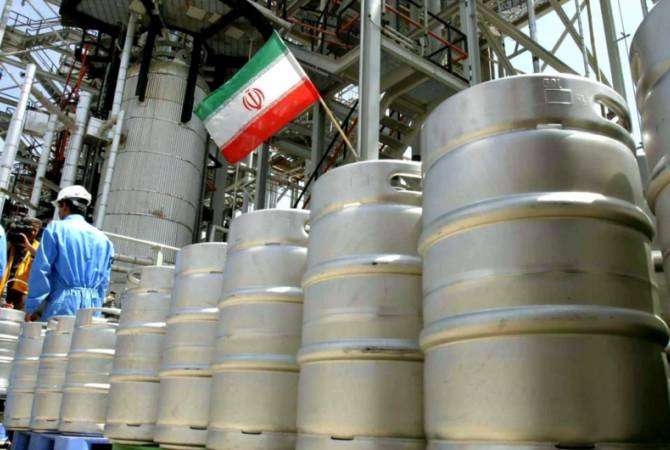On the Responsible Statecraft website, retired Ambassador Seyed Hossein Mousavian addressed the negotiations with the United States over Iran’s nuclear program. Mousaviyan is the former head of Iran’s National Security Committee for International Relations and is now a Middle East security and nuclear policy specialist at Princeton University.
Iran’s Nuclear Crisis and the Regional Balance
Since April, Iran and the United States have been holding a series of talks over their nuclear program. Despite some progress, Washington suddenly declared that Iran “does not have the right to enrich uranium.” Moreover, 200 members of the US Congress have written to President Trump opposing any deal that would allow Iran to maintain that capability.
Iran’s Supreme Leader Ayatollah Khamenei has called these demands “excessive and outrageous” and “nonsense,” noting that Iran will never give up its right to peacefully enrich uranium as enshrined in the Nuclear Non-Proliferation Treaty (NPT). Mousaviyan recalls that as early as 2012, he revealed in his book that Khamenei had told Rouhani that such a right could only be renounced after his death.
Ultimately, the Obama administration signed the historic nuclear deal (JCPOA) in 2015, choosing diplomacy over war.
Allowing Iran to Enrich Uranium as an American Interest
- If Washington denies Iran’s right to enrich, the nuclear talks will fail.
- Paradoxically, Iran’s right to enrich is not a threat to US interests but an opportunity.
- The United States must move away from the idea of granting hegemony to Israel, Saudi Arabia, Turkey, or Egypt and move to the principle of “balance of power.”
Lessons from failed wars
- A quarter of the 400 wars the United States has fought have been in the Middle East and Africa.
- Failed interventions have cost trillions of dollars, killed thousands of people, and led to increased terrorism and instability.
- A war with Iran would only be more disastrous than the ones in Afghanistan, Iraq, or Yemen.
Nuclear balance instead of an Israeli monopoly
- Kenneth Waltz, the father of neorealism in international relations, has argued that a nuclear Iran could balance Israel’s monopoly.
- Although Mousavi opposes the proliferation of weapons, he emphasizes that the only way out is to create a nuclear-weapon-free zone in the Middle East with the participation of all countries, including Israel.
Maintaining the US-led world order
- The world order built after World War II is based on the NPT: disarmament and non-proliferation.
- The US double standards of tolerating Israel’s nuclear arsenal but prohibiting Iran’s peaceful enrichment undermine international norms and threaten US credibility.
Moroccan historian Mohamed El Mansour writes:
“What angers Arabs most is the perception of US double standards: the different approaches towards Israel and Arab countries.”
Economic interests
- Trump has boasted of trillions of dollars in deals with the Middle East.
- But war could destroy all those agreements, putting American military bases and interests in the crosshairs of Iranian missiles and drones.
- The cost of the losses will be a burden on American taxpayers for decades.
Abandoning an Israel-centric approach
- US policy has long been aligned with Israel’s wishes.
- But frustration is growing among Americans: more than 69% favor a peace agreement with Iran in which neither Israel nor Iran acquires nuclear weapons.
- More than 60% of Americans now believe that Israel is playing a negative role in resolving the significant challenges in the Middle East.
- The International Criminal Court has accused Israel of possible genocide.
- Unconditional support for Israel has led to isolation and a discrediting of American values.
Conclusion
The United States cannot afford to repeat old mistakes. Instead of opposing Iran’s legitimate enrichment rights, Washington should use them. This is not appeasement but realism, law, and long-term American interests. The only sustainable path is a balanced, rules-based approach based on the NPT and regional diplomacy. Moreover, through a fair and mutually respectful nuclear agreement, Washington can pave the way for normalizing diplomatic relations with Iran based on mutual respect and non-interference principles, as enshrined in the UN Charter.
Prepared by Arman Galoyan


















